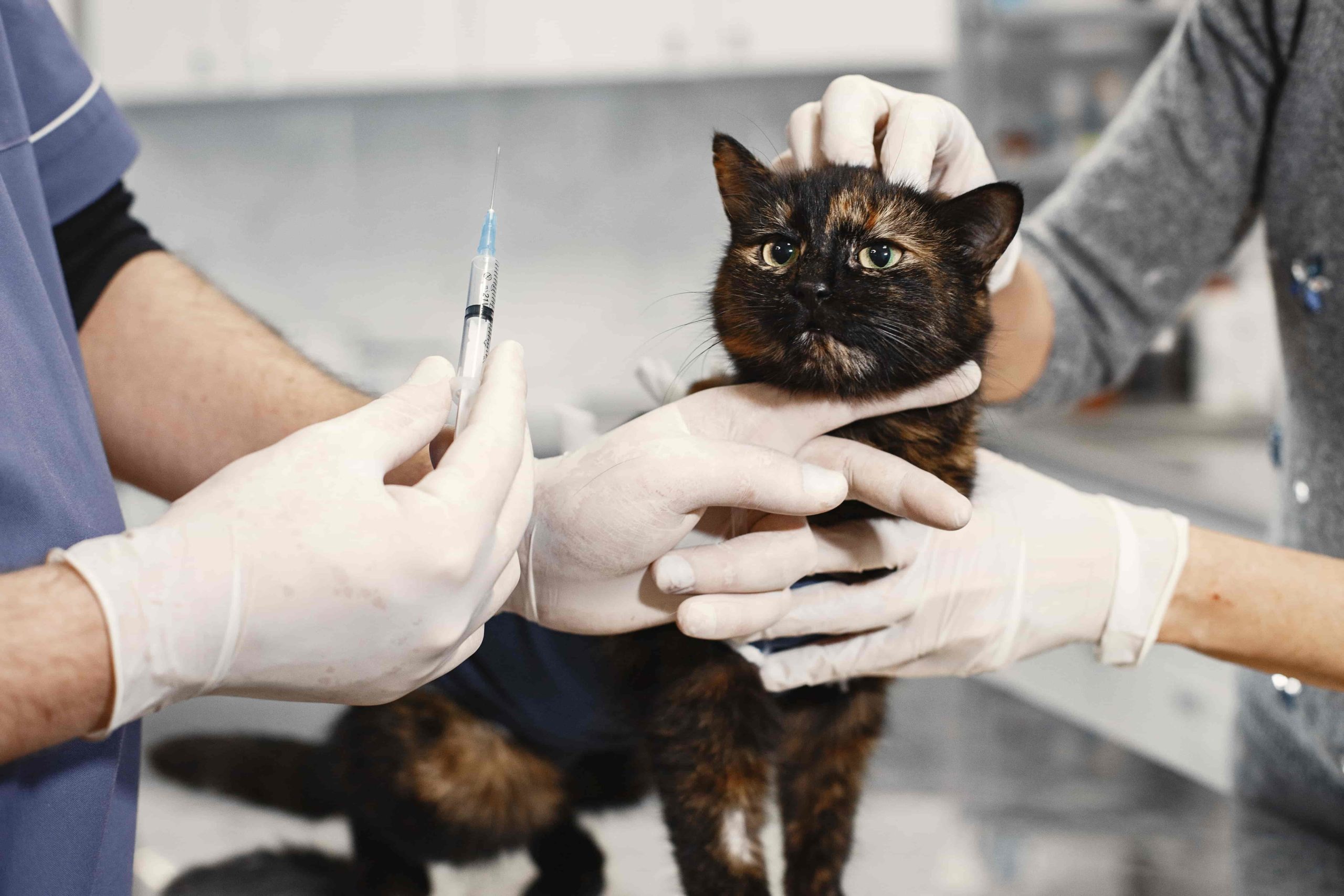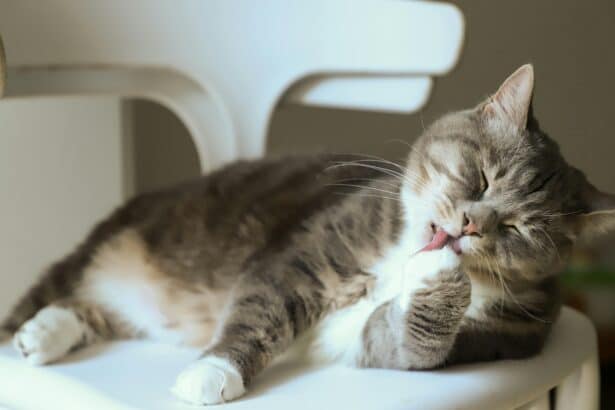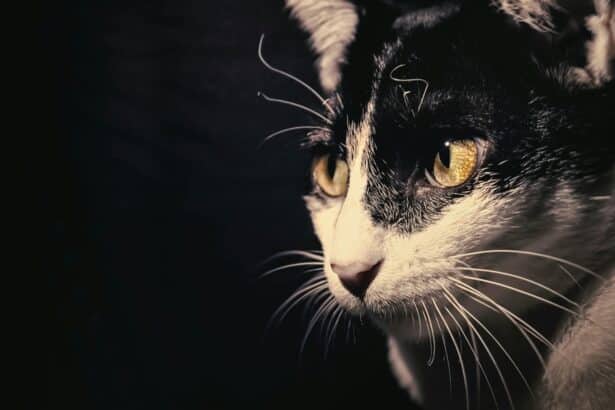Cat health
Is your cat not as taciturn around the house as he used to be? It may not be in perfect health. Like all living creatures, cats are susceptible to a number of illnesses, of varying degrees of severity. And this is true no matter where he lives (at home, outdoors, or even in a cat shelter). As you can see, these hairballs are just as fragile as you are.
Once you’ve realized that something is going on with your cat, it’s imperative to take action. Once you’ve identified your kitty’s health problems, you need to treat them quickly. In this article, we present some of the most common illnesses and the treatments indicated to relieve your companions of their aches and pains.

What are the different cat health problems?
Just like humans, pets and cats in particular also have health problems.
Rabies
Although rare, it’s not a disease to be taken lightly. Rabies is a disease transmitted by the bite of an animal carrying the rabies virus. It can be transmitted from animal to animal, but also from cat to human. Once infected by this pathology, your cat is condemned to die. That’s why it’s so important for every owner to vaccinate their cat against rabies at all times.
Infectious peritonitis
It is a disease with a high case-fatality rate. If your cat comes into contact with this killer, its chances of survival will be reduced. Its symptoms include breathing difficulties, which can turn into digestive problems. There is no vaccine to protect your cat from infectious peritonitis. The only effective treatment for infectious peritonitis is corticosteroids. However, the aim of this treatment is not to save the cat, but rather to give it a few extra days, as it will eventually die.
Toxoplasmosis
It’s one of the most common cat diseases. It can also be transmitted to humans. There’s little you can do if your cat has been infected by Toxoplasma gondii, the parasite responsible for this infection. There are two effective treatments for cat toxoplasmosis: coccidiostats and coccidiocides.
Coccidiostats are antiparasitic drugs that block the development of new parasites. Although expensive, these treatments are highly effective for treating a single animal. Coccidiocides are drugs that kill parasites directly. Unlike coccidiostats, they are sold at lower prices. In addition to these medications, you need to combine symptomatic treatments with sanitary measures. Toxoplasma eggs are highly resistant and can cause relapses through environmental contamination.

Feline leukemia
Vaccination is the surest way to protect your companion from this blood disease. Feline leukemia is transmitted by bite or simply via saliva. In some specimens, it remains in a latent state, while in others, symptoms appear rapidly. Symptoms include anemia, digestive and neurological disorders, and the appearance of tumors.
However, there is currently no effective treatment for feline leukemia. 90% of viremic cats with persistent infection die within four years. In the acute phase, recombinant feline interferon can be effective in combating symptoms, but it’s a very expensive treatment.
Feline typhus or pan leukopenia
This infection is highly contagious and fatal. Your cat’s bone marrow and digestive tract are perfect breeding grounds for this virus. Without prompt treatment, your cat is doomed to die. The alarm should go off as soon as you notice blood in the stool. Also, if kitty is vomiting and having diarrhea, consider taking her to the vet for so-called aggressive treatment.

In such cases, your cat may even be kept at the clinic for further treatment. However, feline omega interferon (VIRBAGEN) is best suited to the treatment of typhus. However, it should be noted that not all cats recover from this disease.
Coryza
A highly contagious disease, Coryza affects the cat’s respiratory tract, leading to a general weakening of the feline, opening the way for bacteria. If left untreated, your kitty may pull through. However, it can also pass away. In the event of coryza, it’s best to take your cat to the vet for rapid treatment. Treatment is initially administered to combat opportunistic bacteria. The vet will then prescribe antiretrovirals. The best way to protect yourself from this killer is to have your hairball vaccinated.
Calicivirus
Unfortunately, there is no vaccine against this highly contagious infection, which your cat can contract directly. However, antibiotics and anti-inflammatories will be administered to relieve the pain. Symptoms of calicivirus include fever, inflammation of the oral cavity and pneumonia. In the event of calicivirus, your veterinarian will suggest a treatment to relieve your feline.
Infectious rhinotracheitis
To help your cat fight off this infection, have him vaccinated, because once he’s infected, he’ll be infected for life. This member of the herpes virus family is widespread, and its symptoms can appear at any time. Unfortunately, there is no cure. On the other hand, the healthcare professional will prescribe a treatment whose main aim is to prevent superinfection.
Feline fibrosarcoma
It’s an infection that appears as swelling on the skin. The Feline is eaten away by clusters of cancerous cells that rot his life. The success rate of treatment depends on how early screening is performed. In fact, the sooner the tumor is detected, the greater the chances that the cat will recover. Treatment consists mainly of surgery, during which the cancerous tissue and its surroundings are removed by the veterinarian. Radiotherapy can also be applied in certain special cases.
Feline renal failure
That’s right! Cats can suffer from this disease. This disease mainly affects older cats. In fact, there are no typical symptoms of feline insufficiency. However, there are many treatments available for feline renal failure. A low-protein, low-phosphorus diet, medical treatment or infusion rehydration is necessary in the most severe cases.
Just like human beings, cats also get sick. However, it’s not easy to spot their illnesses. Find out in this article how to spot cat illnesses. However, as soon as you suspect your cat is ill, it’s best to consult a vet as soon as possible. Just like a doctor, a veterinarian is the professional who can carry out precise examinations to determine the illness your cat is suffering from. Once your cat’s illness has been detected, he’ll prescribe the medication needed to cure it. However, to preserve your cat’s health, it’s best to vaccinate it against the most deadly cat diseases. So don’t hesitate to ask your vet for advice.






